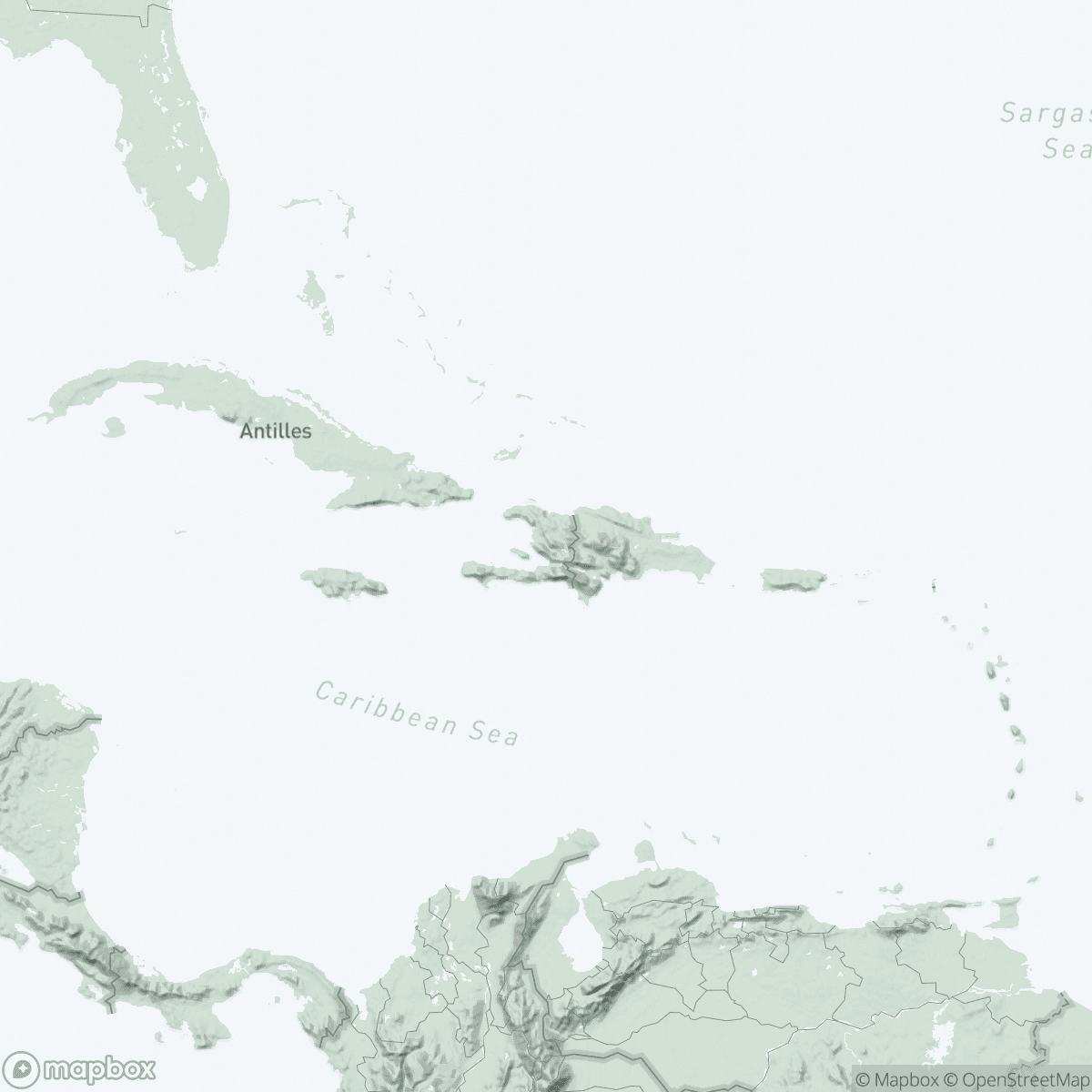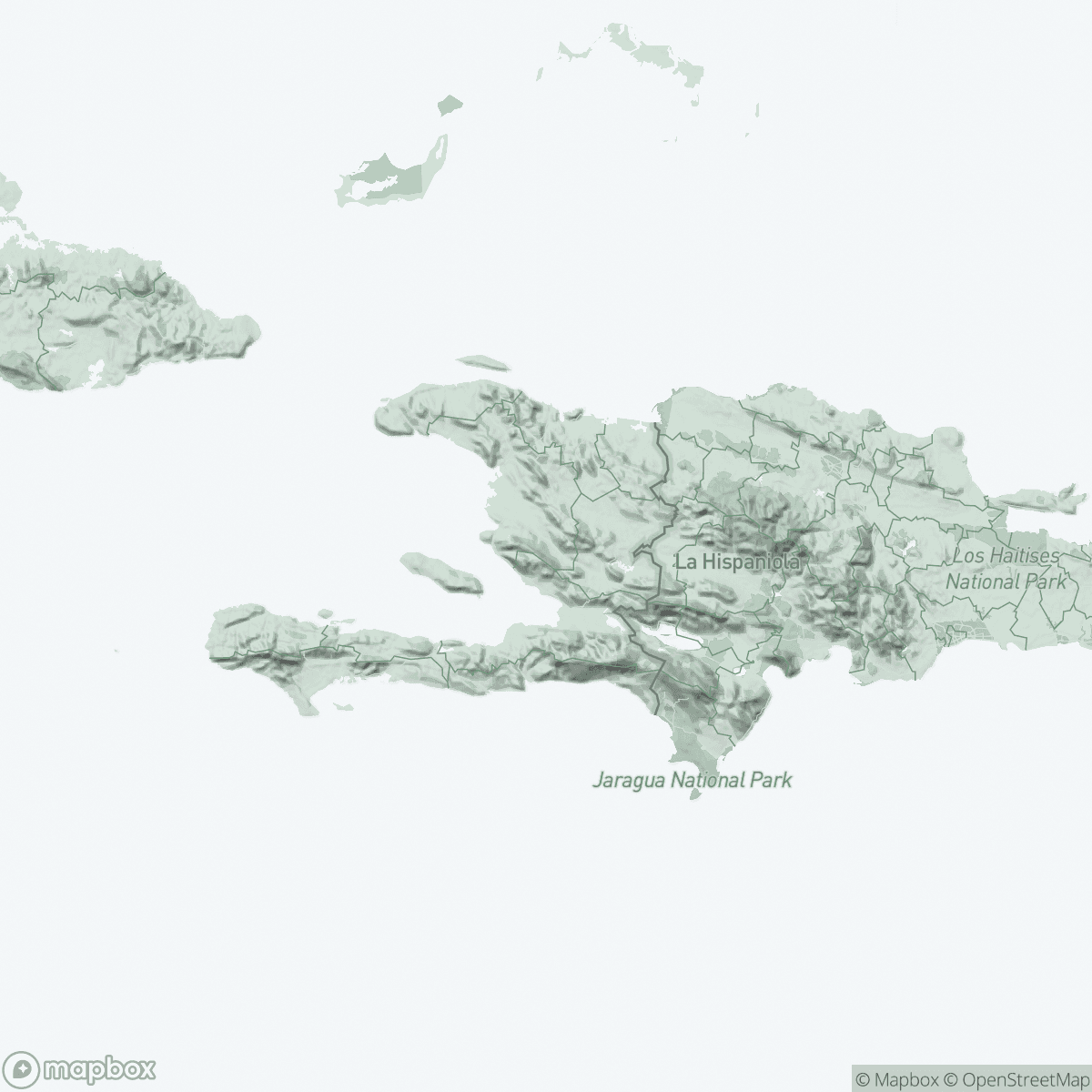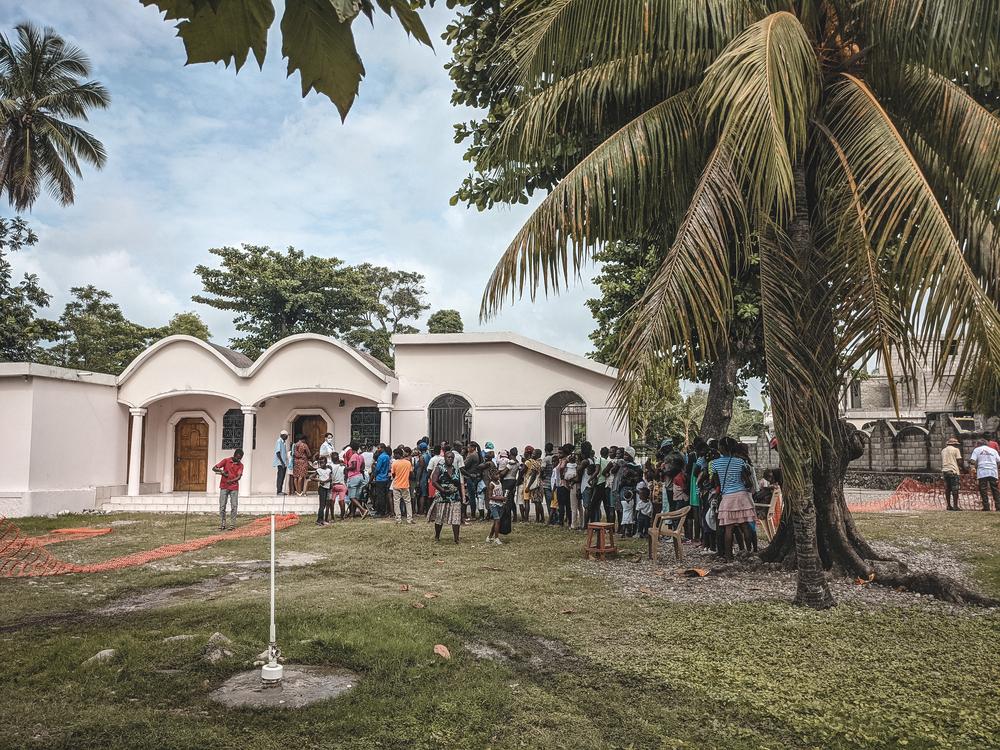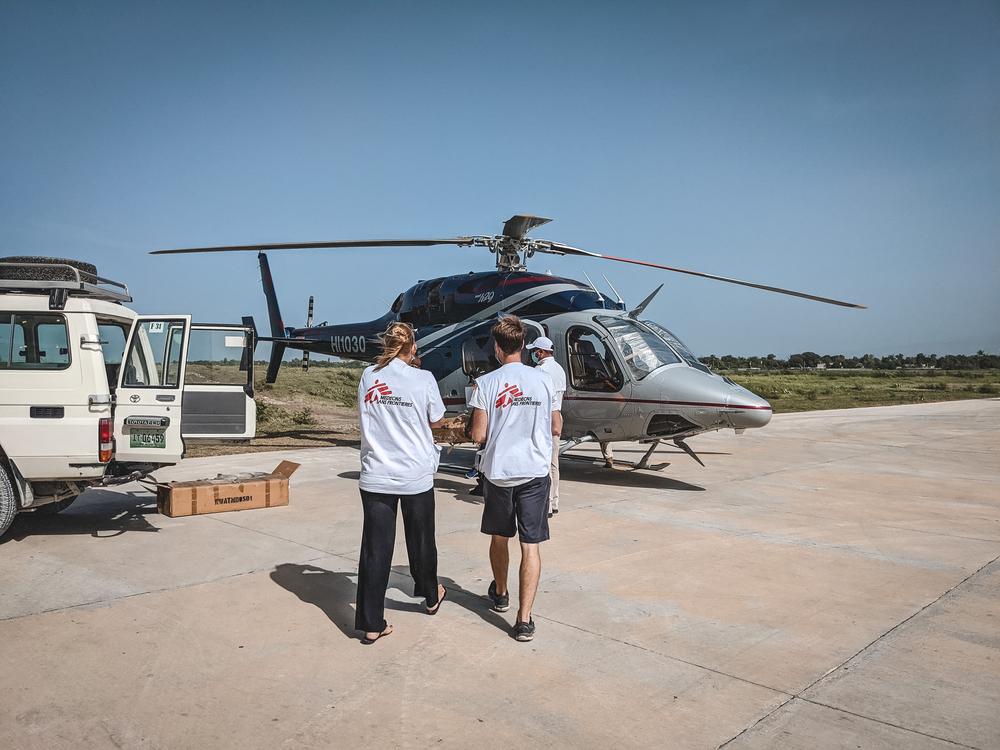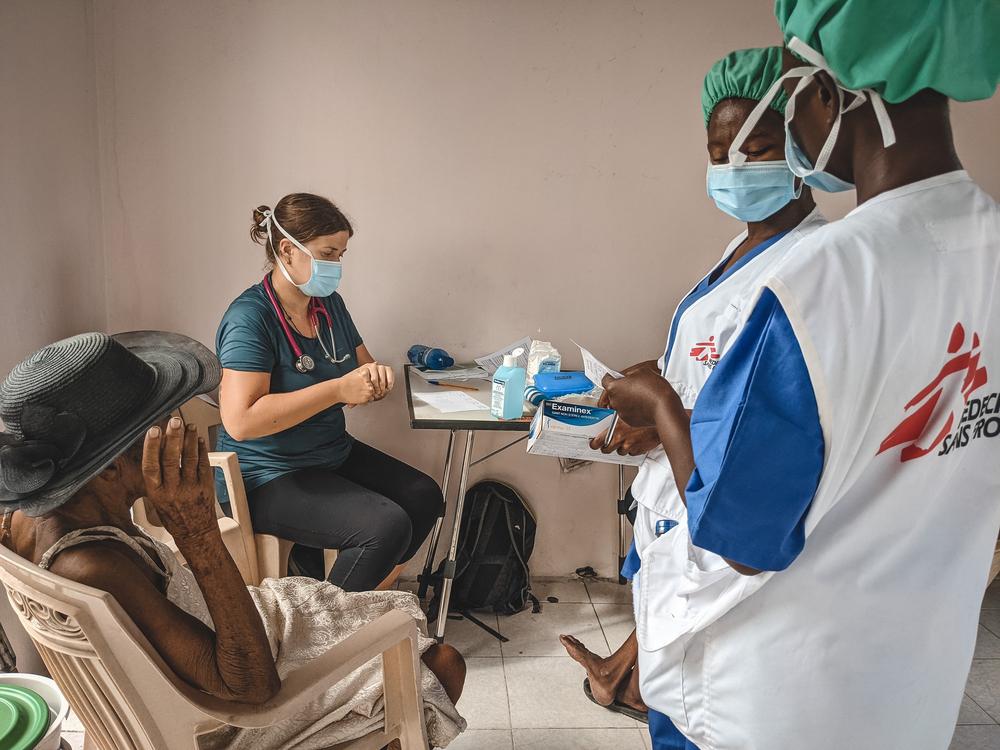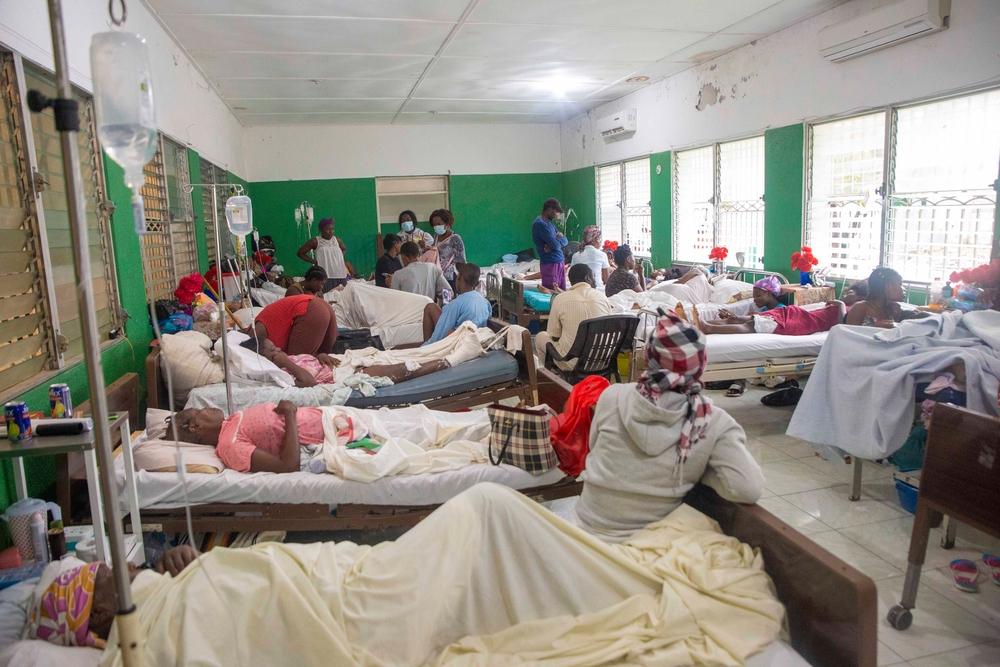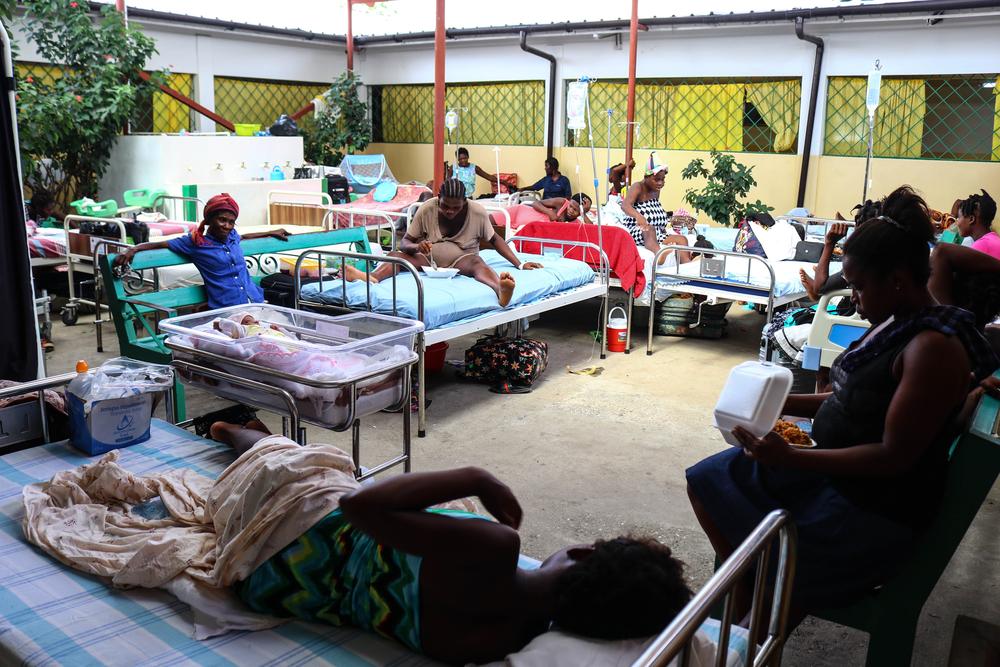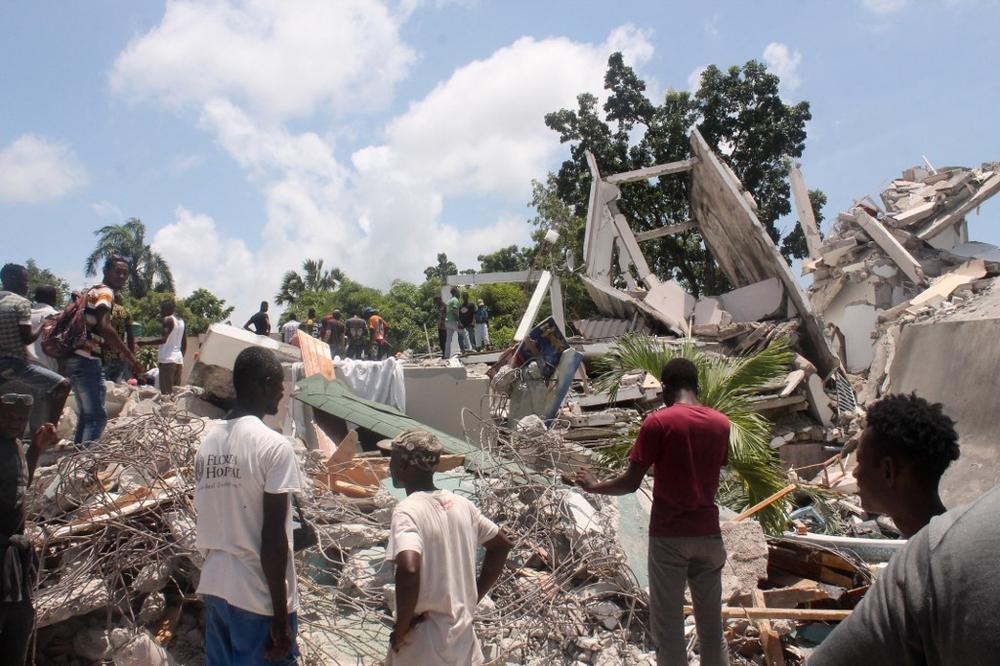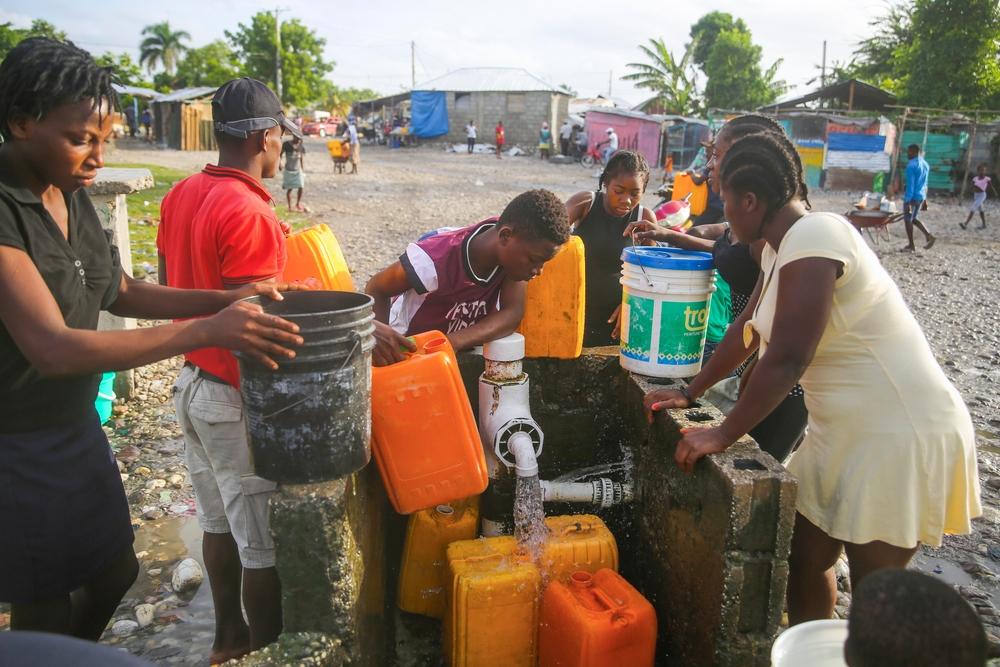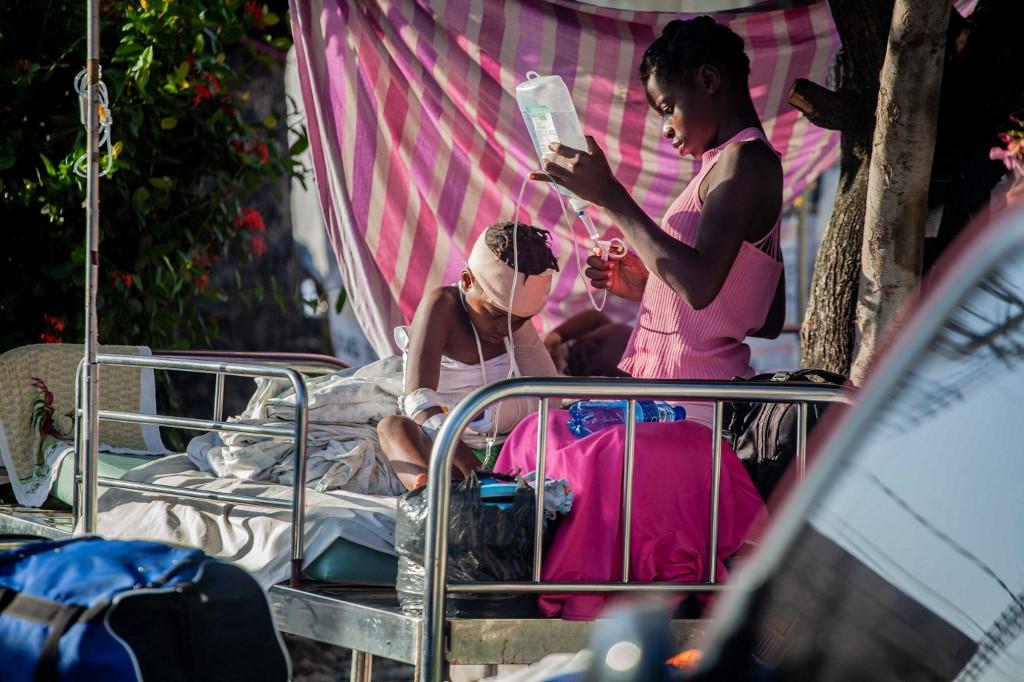
Haiti under the rubble: MSF steps up in responding to urgent medical needs
In 1 click, help us spread this information :
Latest update: 3 September- The death toll is now over 2,200 people dead and, according to Haiti's Office for Civil Protection, more than 12,200 people injured (as of August 25). The Haitian Civil Protection General Directorate says 137,000 families have been affected in the Grand'Anse, Nippes and Sud departments. According to UN OCHA, about 650,000 people in need of emergency humanitarian assistance.
In terms of building, nearly 53,000 houses destroyed and more than 77,000 houses damaged in the provinces mentioned above, leaving thousands without shelter. Many public buildings suffer damaged or collapsed and numerous municipalities in the affected areas remain isolated from the rest of the country. From the evening of Monday August 16 to the morning of Tuesday August 17, Tropical Storm Grace passed by the southern peninsula causing extremely heavy rains, up to 25 centimeters, and flooding. The storm has complicated rescue efforts by making more areas inaccessible and endangering tents and temporary structures being used for urgent medical care, aid and shelter.
According to WHO, 79 health facilities were damaged or destroyed by the earthquake (as of August 30). Many hospitals had to evacuate their patients, and the facilities that continue to function are overwhelmed and experiencing a lack of medical equipment and medicines. It is the position of the initial assessments by the UN OCHA, 36 health facilities were damaged or destroyed by the earthquake. Many hospitals had to evacuate their patients. The facilities that continue to function are overwhelmed and experiencing a lack of medical equipment and medicines.
MSF response
MSF has over 100 international staff members and over 1,260 Haitian staff members working in Haiti on our regular programmes and emergency response.
Teams on the field are providing support to local health structures in all the affected regions as well as providing stabilisation and surgical care to patients who manage to make it to our own facilities in Port-au-Prince.
The weekend of August 20, MSF’s Supply team in Brussels sent 100 tons of material to be sent to Haiti via two planes. The cargo includes items for setting up emergency medical structures and offices for our operations using tents; materials to install emergency drinking water supply systems and medical supplies for the care of 30,000 patients, including items for stabilisation, first aid, vaccination and blood collection.
MSF’s Supply team in Amsterdam sent 58 tonnes of material to Haiti via plane and by sea (36 tonnes via plane, 22 tonnes via sea). The first cargo by plane arrived on August 24. This cargo includes medical supplies, drinking water supply systems, non food items and logistical material like communication equipment, vehicles etc.
International emergency staff, including emergency coordinators, medical teams (including trauma surgeons) and water and sanitation/ logistical experts have arrived in Haiti.
In the first hours after the earthquake, the MSF team based in Port-à-Piment and an emergency medical team from Port-au-Prince began assisting injured patients in Sud province. The hospital in Port-à-Piment where MSF runs a sexual and reproductive health project was damaged. The patients, most of them present for maternity services, were evacuated to a tent where our team continueds to provide care, and MSF has been building a new structure to house the local hospital and our own services until a long-term solution is reached.
In Les Cayes, the capital of Sud province, an MSF team arrived at the Hôpital Immaculée Conception (HIC), on August 20 to donate medical supplies, and an MSF medical team started working in the hospital on August 23. As of August 31, the team has participated in 88 surgeries for earthquake survivors and for people with other surgical needs, MSF is also providing post-operative and mental health care. MSF set up five tents outside the hospital to add 40 patient beds due to the high medical needs. MSF is also running mobile clinics and performing water and sanitation activities in several informal camps that serve thousands of people displaced by the earthquake and previous natural disasters. MSF has provided donations, such as tents and medical supplies, to various hospitals in Les Cayes to ensure continuation of medical activities.
Since August 23, MSF has also been running daily mobile clinics to rural and remote areas that were more severely affected by the earthquake, where many people with injuries and other conditions have been unable to reach functioning health care centres for weeks. MSF’s mobile clinics focus on providing primary health care services and transporting patients with more severe conditions to functioning facilities when possible. In addition to injuries from the earthquake and related wounds and infections, mobile clinic patients often have respiratory and vaginal infections, skin conditions, signs of malnutrition and other illnesses associated with poor living conditions and lack of access to water and hygiene services. MSF has also begun offering mental health consultations at our mobile clinics.
Today MSF's response in the department of Nippes is centred in and around Baradères, in the west of the Nippes Department, with a population of around 52,000. It is a remote mountainous area with challenging roads and therefore hard to access. Damage to health infrastructure and water supply systems is extensive in Baraderes affecting the whole population. In addition to the damage to public infrastructure, around 6,120 families have had their homes damaged or destroyed, forcing people to sleep outside or under makeshift shelters. Two weeks after the earthquake, the teams were still identifying patients in need of referral due to injuries from the earthquake and facilitating those referrals. At this moment, the response has three main components:
- First, ensuring access to healthcare by supporting health facilities and running mobile clinics in the remote locations in the surrounding villages and mountains. Destruction and damage to homes, health centres and sanitation facilities raises concerns about potential outbreaks in the aftermath of the earthquake for infectious diseases such as measles, diphtheria, cholera and respiratory tract infections.
- Second, the provision of clean water. We are starting an emergency surface water treatment plant to provide clean water immediately and next to that, we are looking at repairing water infrastructure that has been damaged by the earthquake.
- And third, the provision of shelter and Non-Food Items (NFI), such as jerrycans, plastic sheeting, ropes, blankets and soap, to families who have had their homes damaged or destroyed. We focus initially on the most vulnerable families and once our full supplies are in place, we will aim to distribute the NFIs more broadly.
Additionally, the teams are focusing on community engagement as well as health promotion to understand the needs of the community, build awareness and acceptance of MSF’s work, and to share health messages related to infectious diseases and water and sanitation.
Some access routes, such as the road between Les Cayes and Jérémie, are seriously damaged, and complicate the deployment of aid. MSF is preparing to move supplies by air and sea due to the difficulties with the road. As of August 29, the surgical team had provided care to 90 patients, performing 113 surgeries or applying casts or splints. MSF is also providing post-operative and mental health care. In the hard-hit communes of Pestel, a three-hour drive from Jérémie, MSF donated supplies to the local health center and referred several patients to Les Cayes or Jérémie. On August 30, MSF carried out a mobile clinic in Carrefour Citron, about 20 minutes’ drive from Pestel, seeing 110 patients, mostly for health conditions not directly caused by the earthquake.
In Port-au-Prince, the earthquake fortunately did not damage any infrastructure or buildings. However, injured patients from affected areas have come to the city for care.
MSF is treating injured people in our trauma hospital in Tabarre. When the earthquake struck, most of the beds at the Tabarre hospital were already occupied with its existing burns and trauma patients. The hospital then received a total of 70 earthquake survivors in a matter of days, 48 of whom were admitted for surgery or other treatment. The needs exceeded the hospital's normal capacity of 70 beds, and so the staff add 19 beds in covered areas of the courtyard and elsewhere inside the building to accommodate the additional patients.
On August 15, MSF began providing stabilization care to injured patients at a new emergency centre in the Turgeau neighborhood of Port-au-Prince at the Integrated Diagnosis and Treatment Centre, commonly known as the Sacré-Cœur Hospital, which was not scheduled to open until later in the week. To address potential blood shortages, MSF quickly launched a blood collection campaign in Turgeau on August 14 just hours after the earthquake, in partnership with local authorities.
